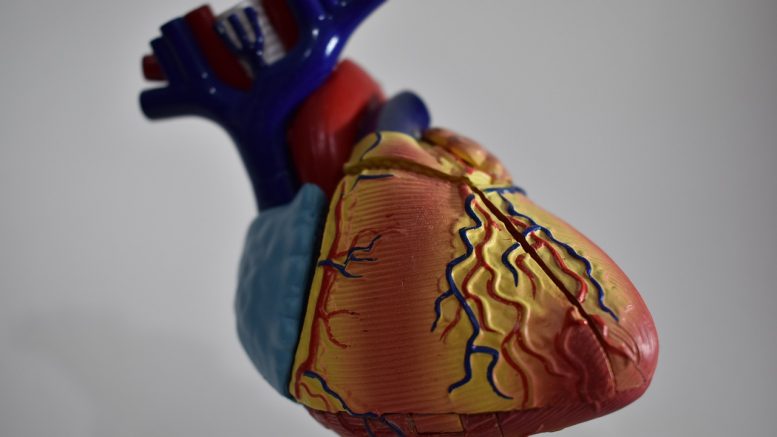According to the information from the European Society of Cardiology’s (ESC) virtual annual meeting, which was at August 29 Vascepa cut patients’ coronary plaque by 17% over baseline in an 18-month imaging study investigating the mechanism of action behind the pill’s FDA-approved CV risk benefits.
VASCEPA capsules are the first-and-only prescription treatment approved by the FDA comprised solely of the active ingredient, icosapent ethyl (IPE), a unique form of eicosapentaenoic acid. The new, cardiovascular risk indication for VASCEPA was approved by the FDA in December 2019 based on the results of the landmark REDUCE-IT trial.
1 Heart Attack and Stroke Every 40 Seconds In the US
According to the statistics there are 605,000 new and 200,000 recurrent heart attacks per year, every 1 of 19 U.S. deaths is a stroke.
“Patients treated with a daily 4-gram dose of Vascepa after statins saw a significant reduction in plaque levels, a potential clue behind how the fish-oil derivative helps cut the risk of major cardiovascular events in patients with abnormally high triglycerides and preexisting cardiovascular disease. Patients in the placebo-control arm, by contrast, saw increased levels of low-attenuation plaque at the 18-month mark,” – was presented in the meeting.
“Based on our current understanding of the biological effects of a COVID-19 infection, including that patients at high risk of cardiovascular disease are at higher risk of mortality and severe effects from a COVID-19 infection, and based on data related to the mechanism of action and effects of VASCEPA in lowering cardiovascular risk in certain high-risk patients, it is believed that VASCEPA could play a beneficial clinical role in helping patients infected by the virus,” – reported Amarin Corporation.
Vascepa Safety information:
- VASCEPA is contraindicated in patients with known hypersensitivity (e.g., anaphylactic reaction) to VASCEPA or any of its components.
- VASCEPA was associated with an increased risk (3% vs 2%) of atrial fibrillation or atrial flutter requiring hospitalization in a double-blind, placebo-controlled trial.
- It is not known whether patients with allergies to fish and/or shellfish are at an increased risk of an allergic reaction to VASCEPA.
- VASCEPA was associated with an increased risk (12% vs 10%) of bleeding in a double-blind, placebo-controlled trial.
- Common adverse reactions in the cardiovascular outcomes trial (incidence ≥3% and ≥1% more frequent than placebo): musculoskeletal pain (4% vs 3%), peripheral edema (7% vs 5%), constipation (5% vs 4%), gout (4% vs 3%), and atrial fibrillation (5% vs 4%).
- Common adverse reactions in the hypertriglyceridemia trials (incidence >1% more frequent than placebo): arthralgia (2% vs 1%) and oropharyngeal pain (1% vs 0.3%).
“Understanding Vascepa’s effect on arterial plaque will help Amarin learn about the “complex biology” behind how its drug—a purified form of omega-3 fatty acid EPA—works and explore its potential use in other indications,” Chief Medical Officer Craig Granowitz said. Need to remember, that month after release (May, 2020), Vascepa patent protection was declared as invalid by a district judge.





Be the first to comment on "ESC: Vascepa Reduces Patients’ Arterial Plaque"